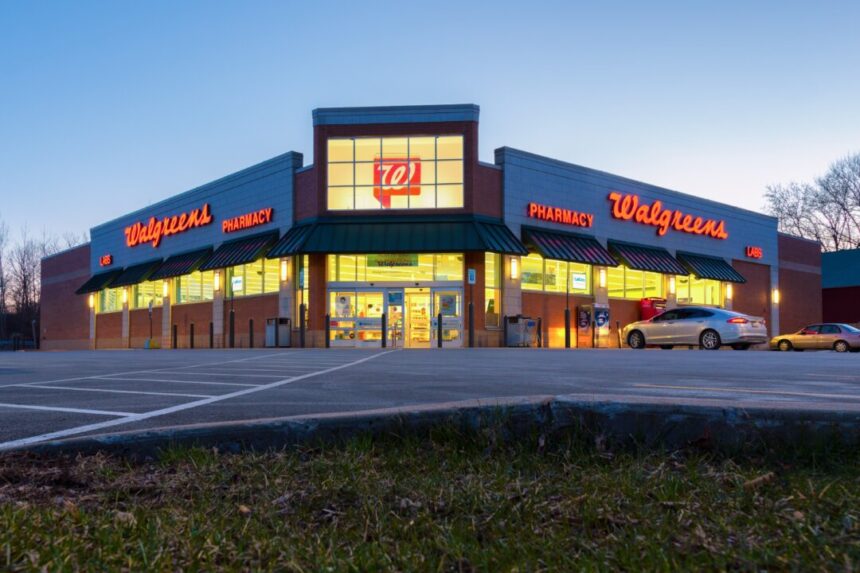Commentary
It’s the Economy Stupid
Walgreens is more than a pharmacy; it’s a retail store where you can grab shampoo, snacks, milk, and magazines. Walgreens doesn’t compete on price with the likes of Walmart and Costco, who leverage scale economies, rather it relies on consumers who are willing to pay more for local convenience. However, thanks to door-to-door and same-day deliveries, the convenience aspect of small neighborhood retailers is less valuable today and, in the present inflationary environment, consumers have become increasingly price sensitive. Even when waiting for a prescription to be filled, consumers would rather kill time by shopping online via their phones instead of browsing store aisles.
Incentives Matter–Always
Over the past few years, enrollment in pharmacy schools has gone down while pressures for the profession have gone up—particularly during the pandemic. Pharmacists work long hours, sometimes alone, and can face unhappy and unwell customers. But, the real issue pharmacists have been facing is the dwindling of drug reimbursement rates thanks to the rise in power of Pharmacy Benefit Managers (PBMs).
PBMs got their start in the 1960s when both health benefit plans and prescription drug options increased. Rather than patients paying for a prescription and then submitting a claim to their insurer or employer to process, PBMs stepped in to handle this administrative matter. But, as time went on, PBMs expanded their role beyond processing claims and facilitating reimbursements to determining what drugs should even be considered for coverage and reimbursement on health plans.
The Medicare Market Mess
Although PBMs have been around since the sixties, it wasn’t until the 2000s that prescription prices started skyrocketing. And, as with many things, government involvement is what inflated this mess.
In 2023, CVS unveiled its new subsidiary, Cordavis, as a way to vertically integrate the commercialization of certain medications in response to the growing competition from alternative pharmaceutical services like Mark Cuban’s Cost Plus drug program. This move comes as CVS prepares to address drug price hikes and changing market dynamics.
The closure of Rite Aid and Walgreens stores has raised concerns about the emergence of pharmacy deserts, where access to essential pharmaceutical services is limited or nonexistent. This issue is particularly problematic for individuals who rely on nearby pharmacies for urgent medication needs. The convenience of having a pharmacy within close proximity is crucial, especially for elderly patients or those with transportation limitations.
While online fulfillment and delivery services offer alternative options, the personal touch and expertise provided by in-person pharmacies cannot be easily replaced. Pharmacists play a vital role in ensuring proper medication usage, addressing concerns, and providing additional healthcare services beyond just dispensing prescriptions.
As the population ages and pharmacy closures continue, the rise of pharmacy deserts presents a significant challenge. However, companies like Dollar General have stepped in to repurpose vacant pharmacy locations into DG Markets, offering fresh produce and essential goods. While Dollar General currently does not provide prescription services, their expanded health and wellness offerings may help alleviate the impact of pharmacy deserts in some communities.
The ongoing challenges faced by traditional pharmacies underscore the need for innovation and adaptability in the healthcare sector. Telehealth services and direct-to-consumer drug options are expanding, offering new avenues for prescription access. Encouraging creativity and flexibility in the pharmaceutical industry can help address pricing issues and improve overall healthcare delivery.
Despite the pressures faced by Walgreens and other traditional pharmacies, strategic decisions to optimize resources and adapt to market changes are essential for survival. While store closures may be necessary, agile brands and leaders can navigate these challenges more effectively than rigid bureaucratic systems. Embracing entrepreneurship and market-driven solutions is key to ensuring a sustainable and efficient healthcare system. Please rephrase.
Source link








